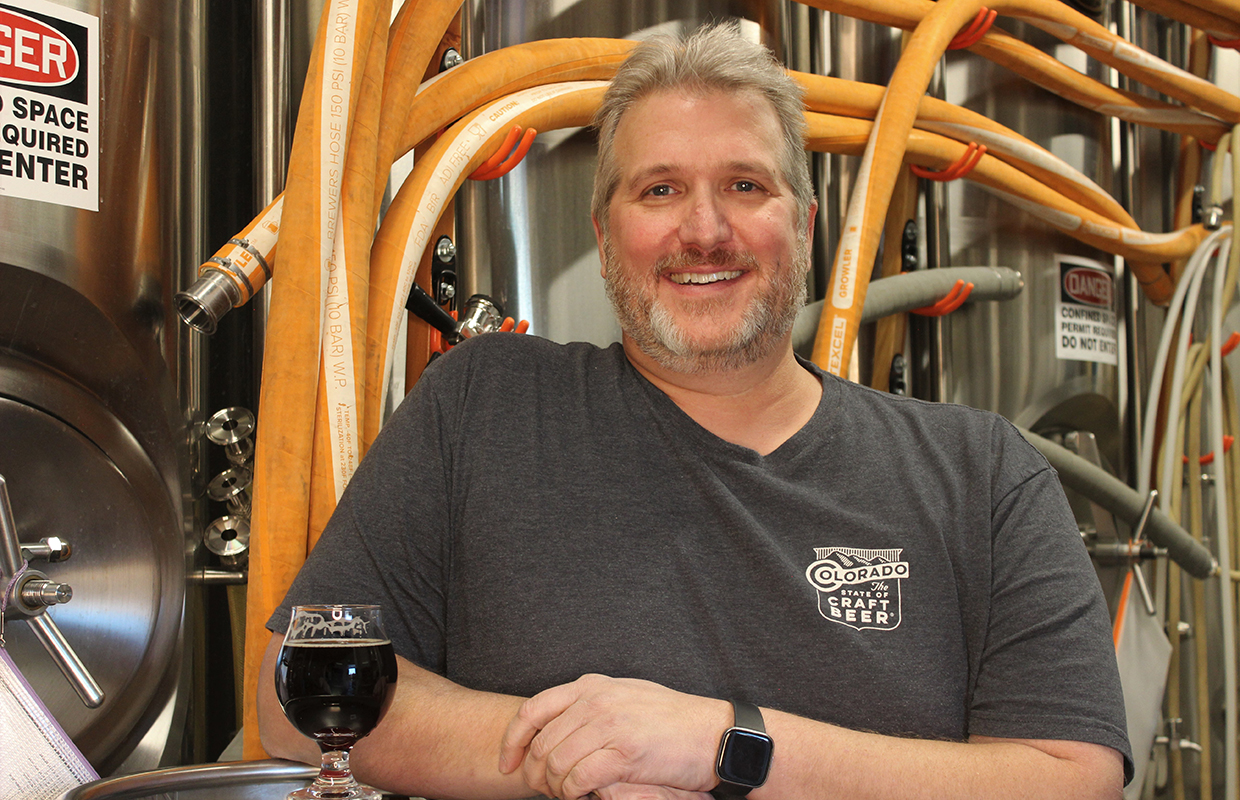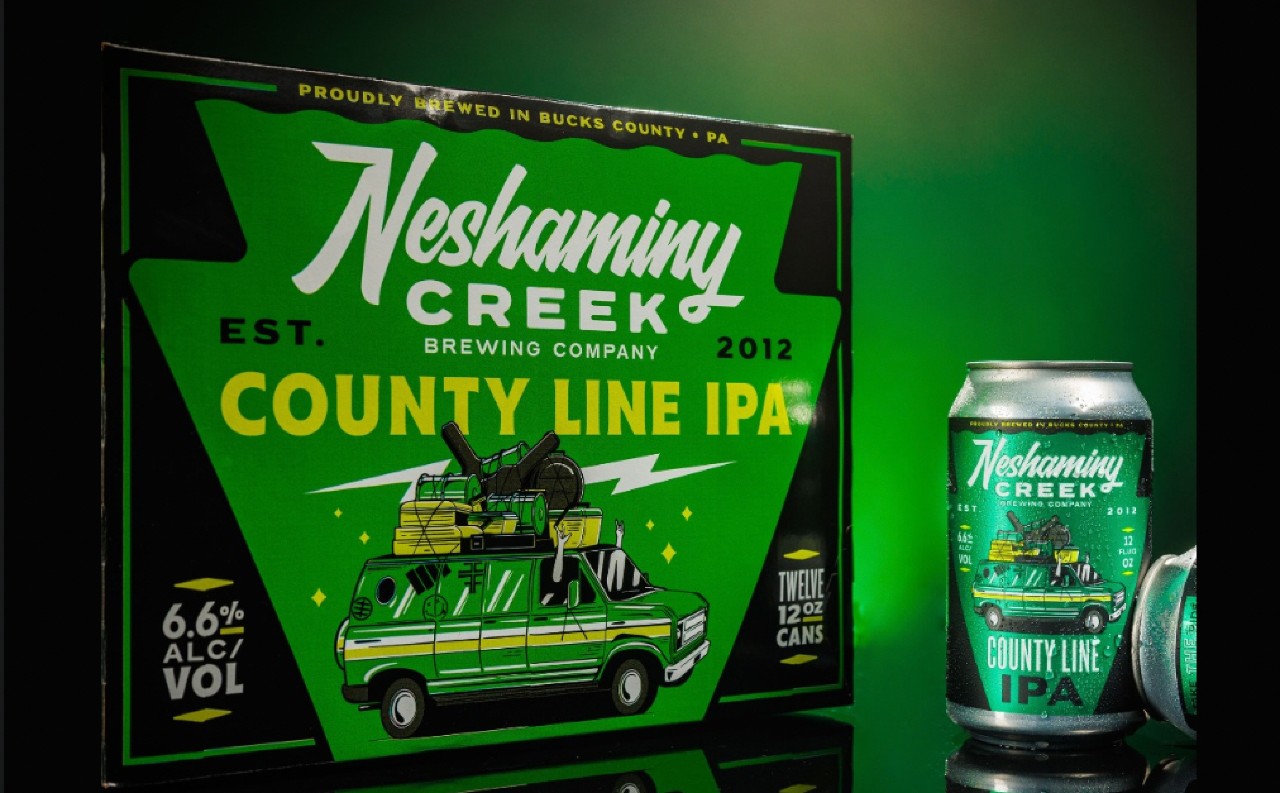
This is a part of a continuing series of Q&As with members of the brewing community from across the US.
Brewer Magazine will share business and personal insights from Brewmasters, Head Brewers, Brewing Managers, Sales Directors, QCQA Managers and others each weekend to help you get to know each other better in the industry and learn more to better develop your own brand.
Jeffrey Smith, Owner/Head Brewer, LUKI Brewery — Arvada, Colorado
BREWER: Why did you enter the craft beer industry and what makes you love being a part of it and staying in it?
SMITH: Watching the craft beer industry grow and evolve in Colorado since the early 1990s, I really felt there was territory to explore. The style trends themselves moved so fast; there are 30 years worth of hits (and let’s face it, misses) that can be revisited and expanded. After a desk job career in manufacturing, it was time to get my hands dirty! It’s not just no-news-is-good-news customer feedback, it’s rewarding getting the immediate feedback — good or bad — on our beer quality and choices in offerings.
BREWER: What do you feel have been new challenges in your position that have helped push you and make you better at your job?
SMITH: As an engineer by schooling and by experience, needing to extend myself into sales, marketing, customer service, and other arenas really was an eye-opening experience. But it was also an itch I didn’t know I needed scratching. It really gives someone a sharp perspective or insight when you need to develop a beer release, tied to a specific holiday or event, and create the marketing to support both the beer release and event. Then afterward, get an understanding from our guests of what worked and what didn’t, so you can refine and make it better for the next time.
BREWER: How has the definition of growth for your company evolved and how have you adjusted to be successful in that new definition?
SMITH: Well, we’re one of the lucky breweries that “opened during a pandemic,” so everything that was in the business plan for growth went out the window when we opened the doors in July, 2020. We really want to be an event-based brewery with craft nights, game nights, etc. And although the crowds are slowly developing as time goes on, we really needed the feedback from the community to find out what will bring them out more regularly — and it was new releases. So, in 2022, we invested in a pilot brewing system and created a passport program that rewards those who come out for as many small releases as possible, and we’re on track to do over 40 new brands this year.
BREWER: What strategic growth opportunity do you feel is still “out there” for your brand and how are you working on capitalizing on it this year?
SMITH: Many are shocked that we haven’t gotten into cans or bottles. We’re taproom only, no distribution — or even smaller format packaging. It’s something we want to take our time and not rush into, as we were lucky enough to not need to develop those capabilities when COVID hit. But it also puts us at a competitive disadvantage, especially in the summer months. Nobody wants to throw a 32-ounce crowler or 64-ounce glass growler in their cooler to go camping. Although I hope! We’re looking into getting into canning at some point in 2022, but consistent quality is important to me, and we’ll make sure we’re nailing our targets on a regular basis before we get into that distribution space.
BREWER: If you had one business strategy that you could implement to better the brewing industry, what would it be?
SMITH: More basic level education and resources. Coming from outside the industry and needing to figure out commercial-level processes by myself, I always asked “why?” There’s a lot of processes and procedures that are done in this industry that are a product of “well, that’s how we did it at the place I used to work,” without really understanding the science of what is needed. I try to focus myself and our team on understanding the technical aspects of a solution, not just doing something because of something they read on an internet bulletin board.






Be the first to comment